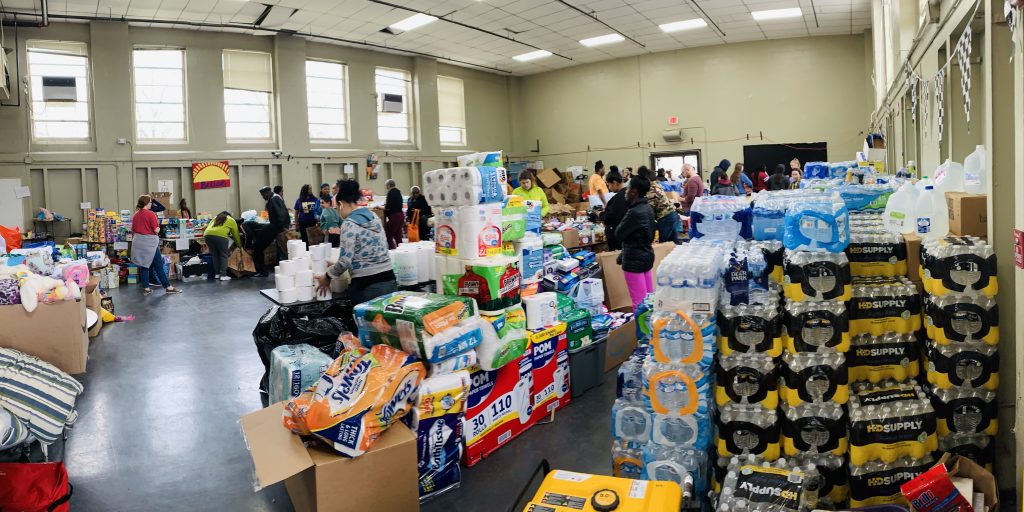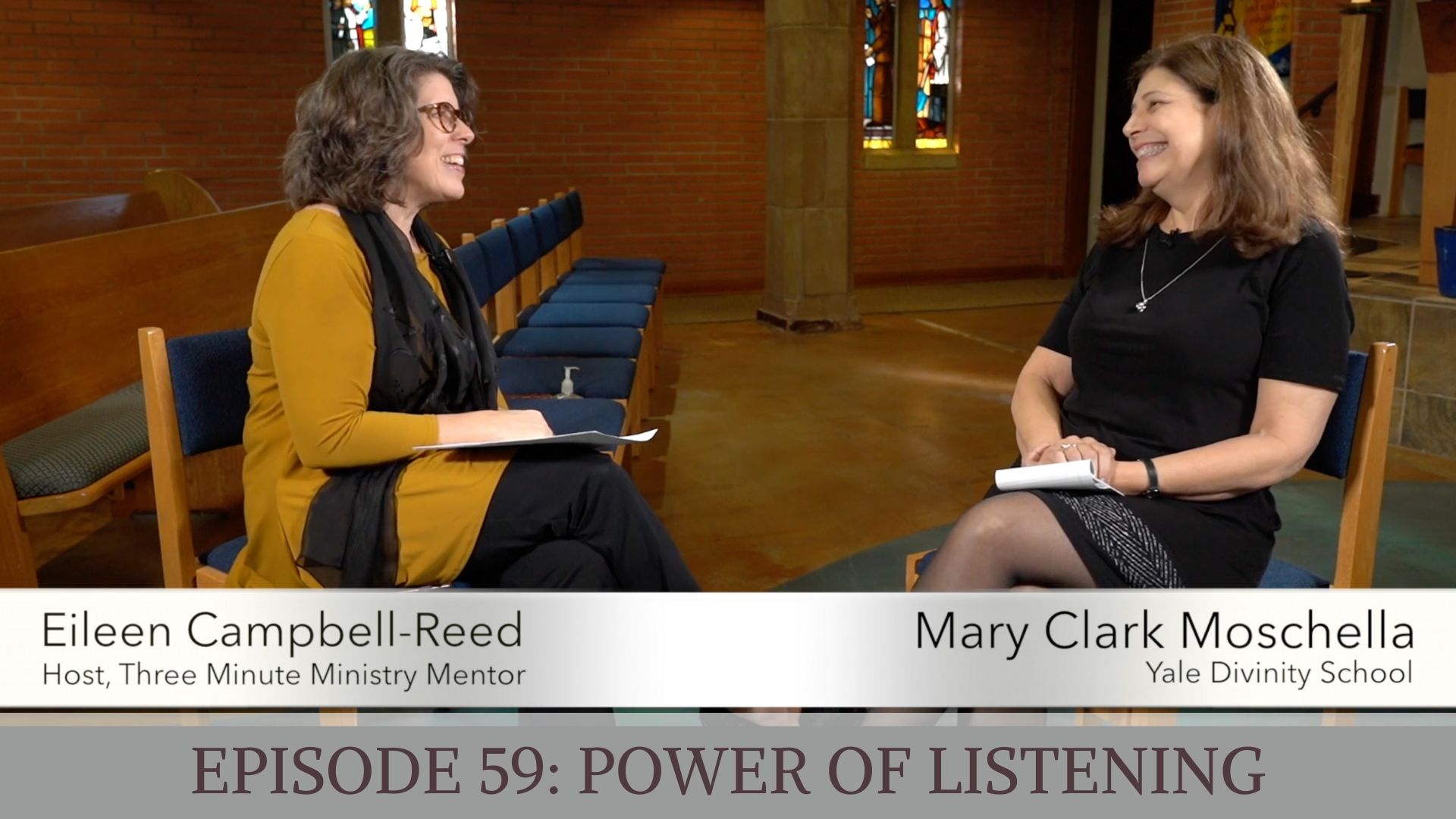Listening.
Listening matters. It matters for pastoral practice as well as personal relationships and every part of our lives. Listening is intimately connected to paying attention to life with all of our senses.
My guest this month is Rev. Dr. Mary Clark Moschella, the Roger J. Squire Professor of Pastoral Care and Counseling at Yale Divinity School. We start our interview this week with a conversation about listening.
Life comes at you fast. This week it came at my home town of Nashville with a speed of 160 miles an hour in two spinning funnel clouds that stayed on the ground for over 50 miles. That’s fast. That’s loud. That’s destructive.
Most people didn’t have any warning. They simply woke to the sound of a tornado bearing down upon their homes and families tucked into beds just hours earlier on Monday night.
By the time the sun came up on Tuesday morning, the full scope of damage and loss began to come clear. By Wednesday we knew that 25 lives were lost in the storms that hit Middle Tennessee. Hundreds of homes were damaged or destroyed. Numerous businesses, churches and schools were also impacted, many beyond repair. At this writing power remains out for thousands of people. Streets are closed along the 50+ miles of destruction that the tornados left in their path. And the clean-up effort has miles to go before it is complete.
Listening and Responding
The response to this crisis? The people of Nashville paid attention. As my 3MMM guest this month, Dr. Mary Moschella says, they listened with their full selves.
People from all over the city took in the situation, and they got busy bringing help. They have been showing up for each other all week with chainsaws, cleaning supplies, child care, money, stories, bottles of water, cases of water, gallons of water, paper towels, sandwiches, school supplies, clothing, tarps, diapers, meals, and the list goes on and on.

Volunteers filled up the Northside YMCA, the MacGruder Family Center, and Lee Chapel AME. Volunteers turned out in droves across the city. People whose lives were swept away in a moment were being met with some of the basics for day to day survival.
Celebrities got busy giving money. Restaurants gave away food. Air B & B owners made space available for free. Even the IRS extended the due date for federal taxes.
But all the will in Nashville’s neighborhoods was not good will.
Ill will also showed up in the form of predatory “investors” who came out of the woodwork waving cash in the faces of vulnerable people and texting people with claims of concern when their real desire is to grab land. This is a part of the history of Nashville that is not so generous or compassionate.* Pushing the African American community around has long been interwoven into Nashville’s history.
When the “vultures” show up aiming to flip the houses and gentrify historic North Nashville, they are taking part in a siege that has been ongoing for more than a century. The North Nashville community, which was hit hard by the storms, was built by the descendants of enslaved people. They have been under siege for twelve generations and more.
I would not venture to guess the ratio of honest benevolent caregiving to dishonest predatory land grabbing in North Nashville last week. Although I think the benevolent and beloved community has emerged in powerful ways this week in Nashville. My concern is for needs that will be ongoing for months and years ahead.
Will the benevolent listeners and care-givers keep showing up with listening ears and generous hearts? How do I keep showing up to hold space for the rebuilding of a community? How do we identify and hold at bay forces that would undermine the community of North Nashville for their own profit?
This returns to our theme for today: the power of listening.
We need to listen to the past. It tells us a lot about how we got to where we are and why things are shaped the way they are.
We need to listen to the pain and to the longing in the present moment. There will be a great deal of trauma and PTSD to be healed following these tornados. There will be a lot of grief for the lives lost and for the things and ways of life and time and energy lost. There will be grief for the look and feel of a neighborhood, for the trees who have been shade over your home for 100 years. Grief takes many forms and it needs a listening ear.
There is also a sense of great longing and desire for how healing and transformation might look. We need to listen to those who are living in the midst of it. How and where can we show up and be present with people who’ve experienced such losses? How do we listen without judgment or advice, just compassion? And as my friend Mary Moschella says it in her story, how do we say compassionately, we are here with you?
I once heard retired Lutheran Bishop Rick Foss preach a sermon about one of the most important words in the gospels. The word was not Jesus. Or Spirit. The word was not belief, or disciple or follow. The word was not even God.
The word was with.
That is what God did for us. That is what we ware called to do for each other: to be with.
To do it well… we have to listen first.
++++++++
* I tried to recount that history so very briefly earlier this week.




